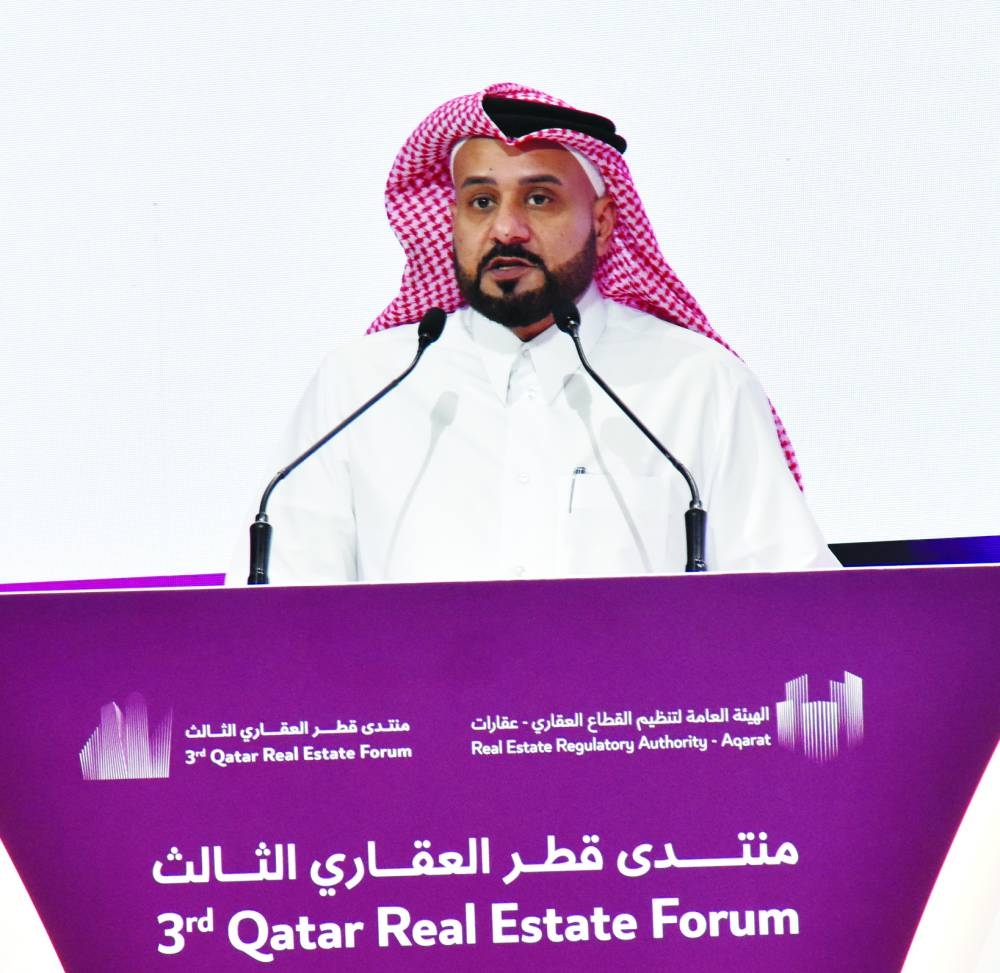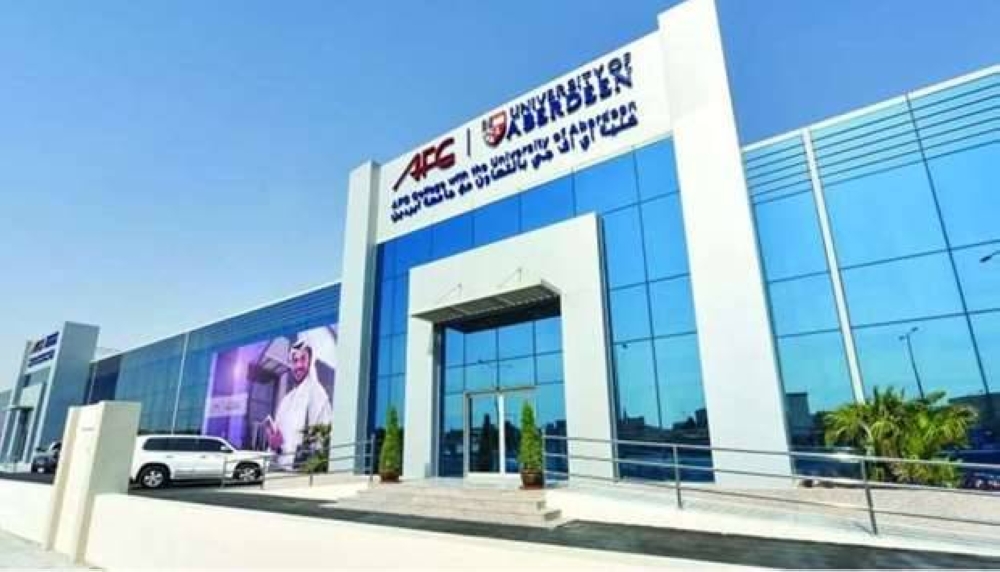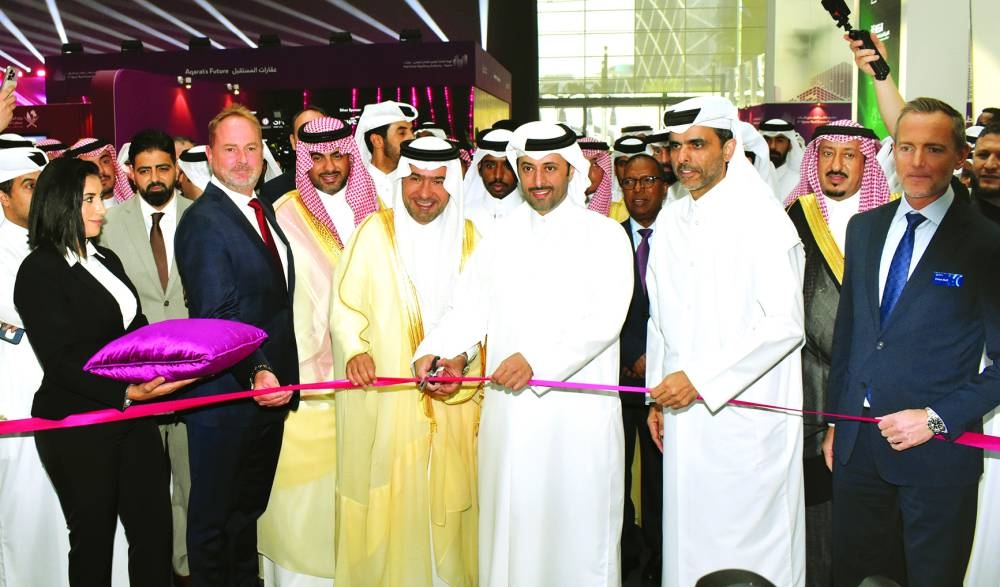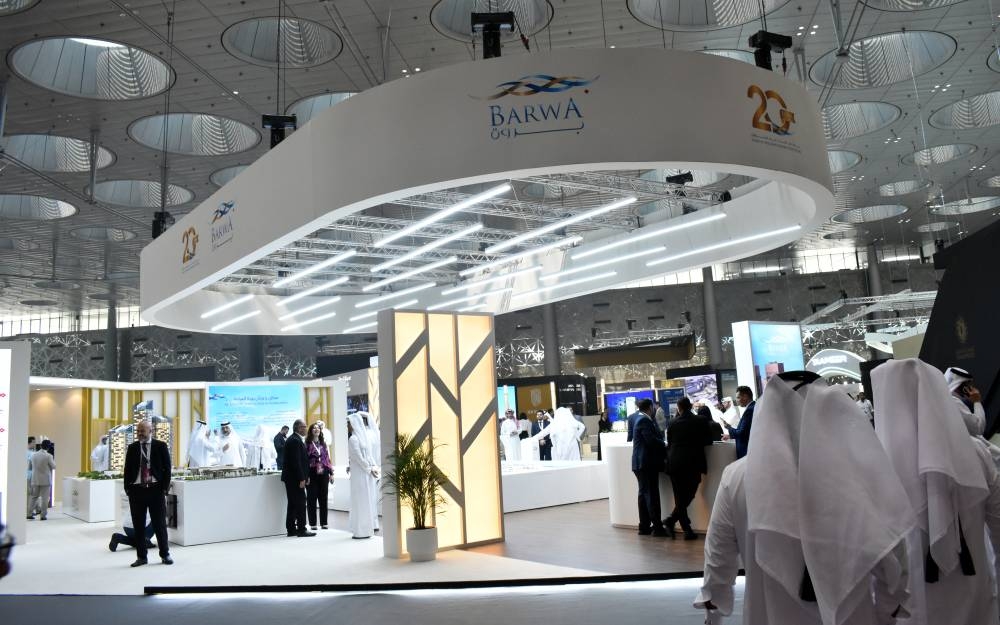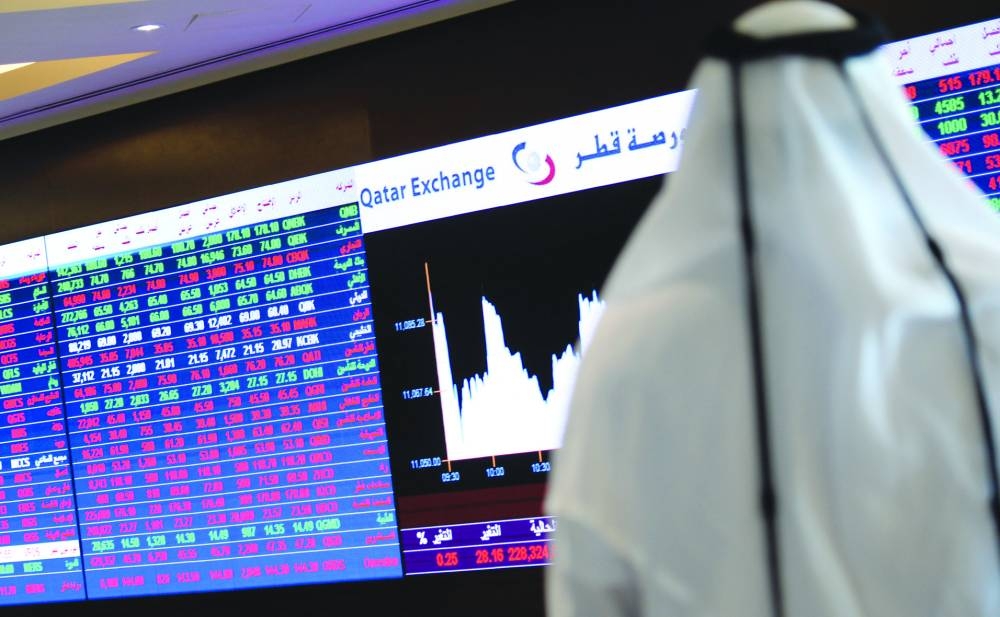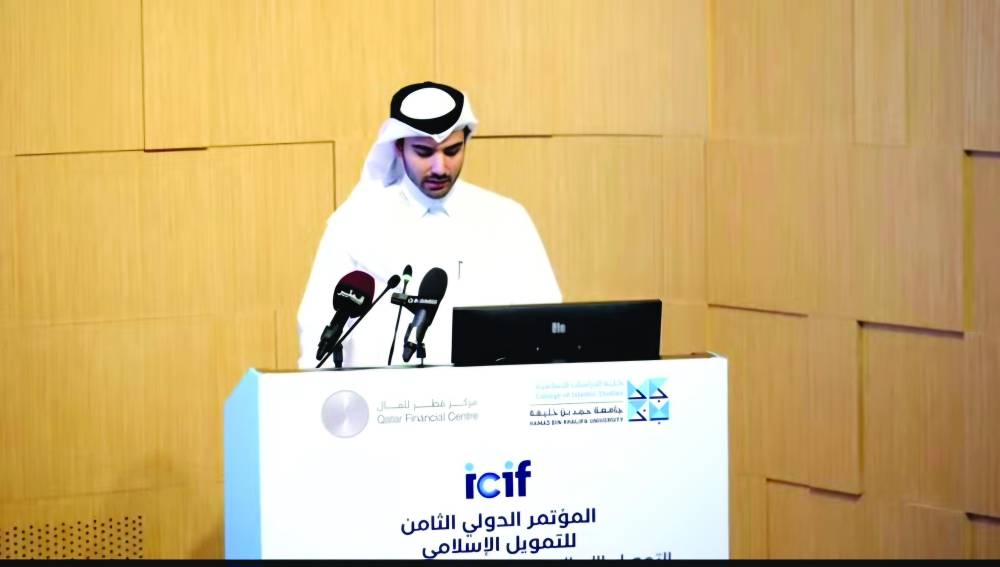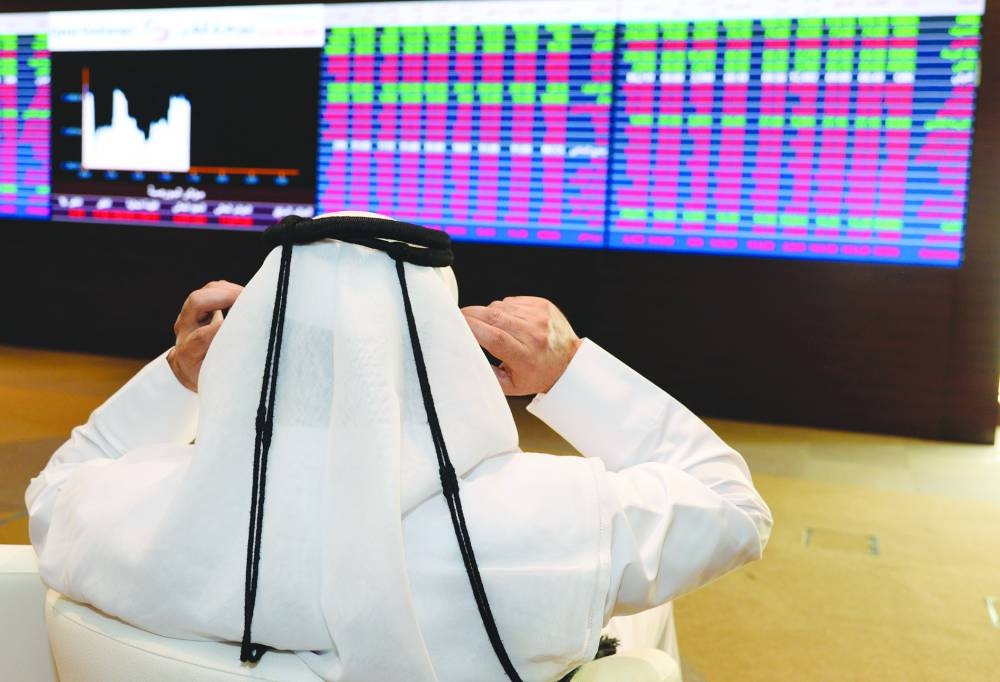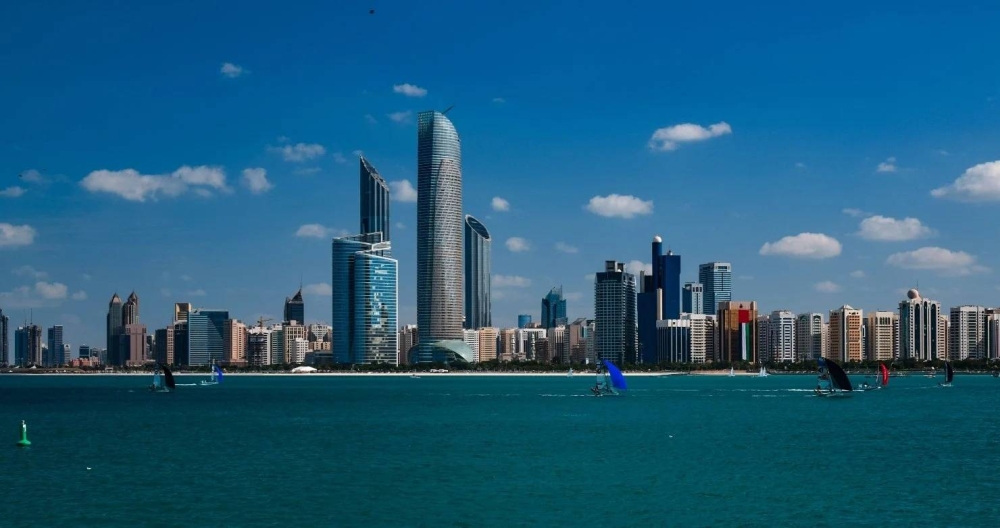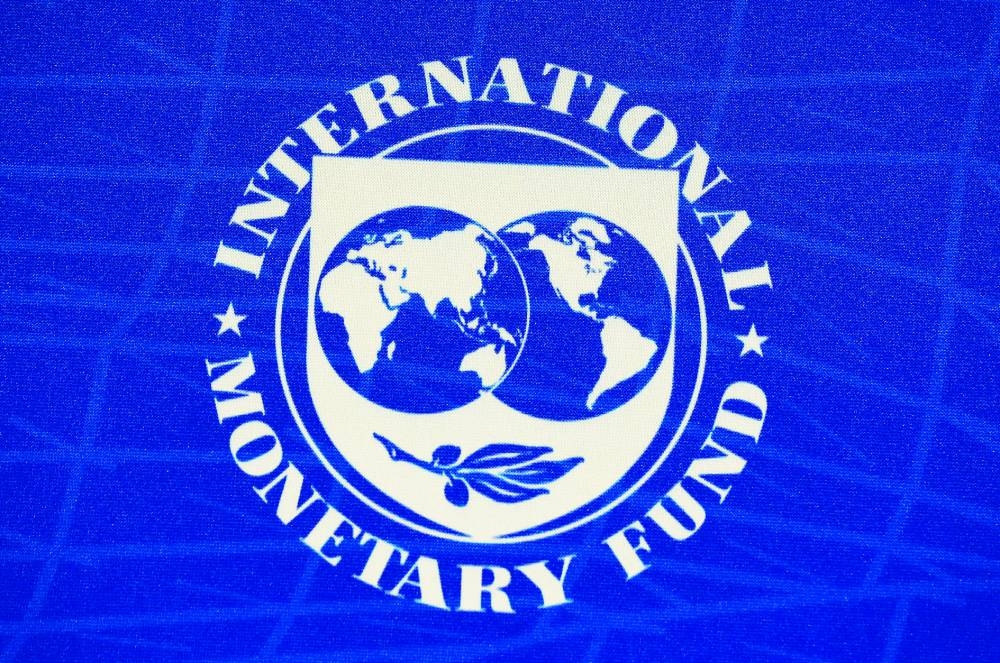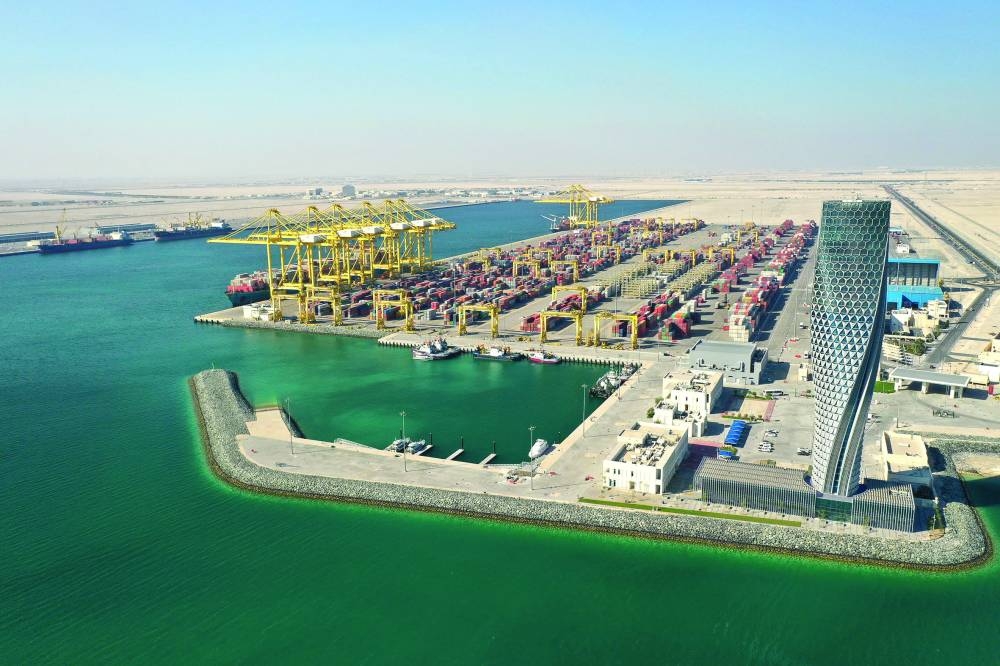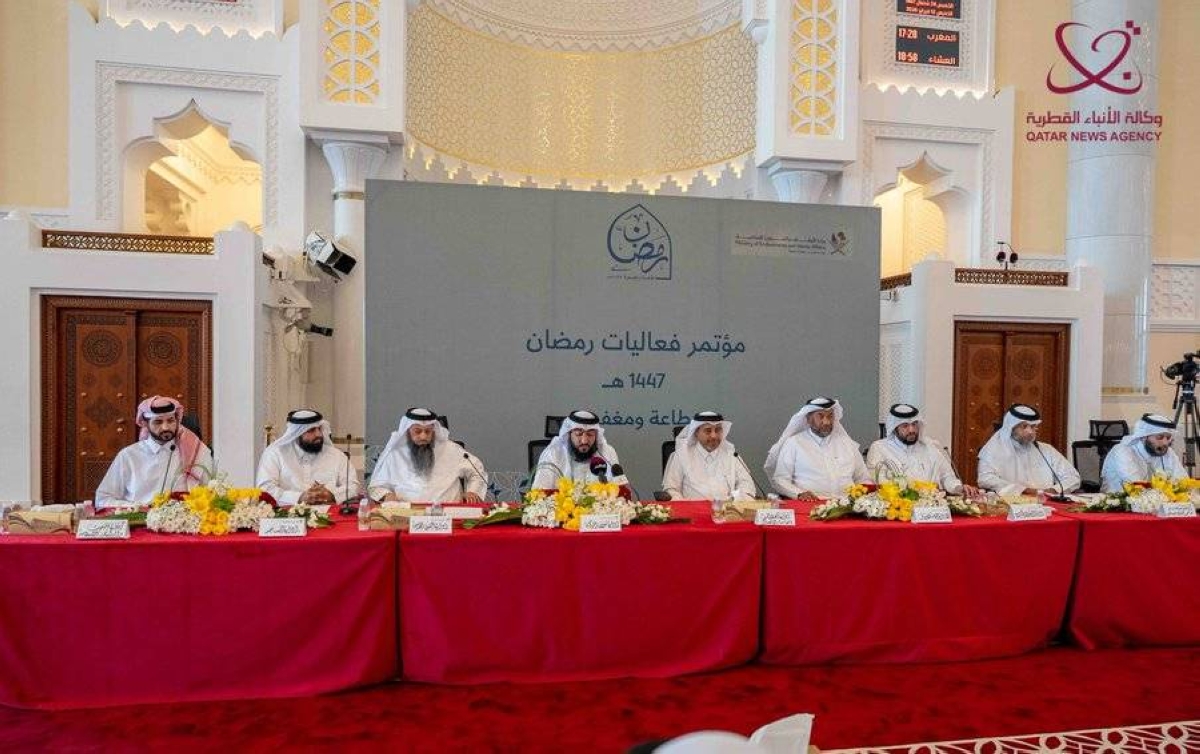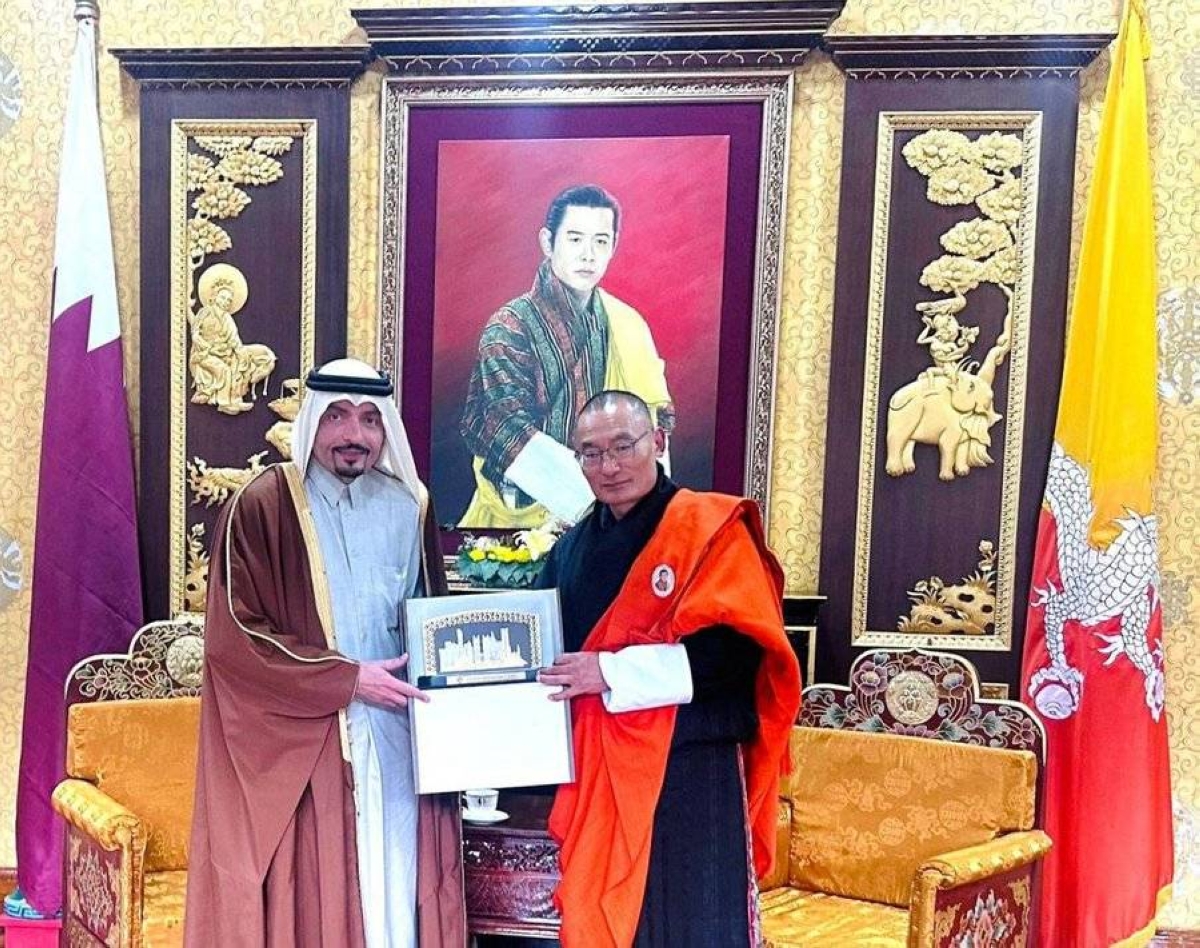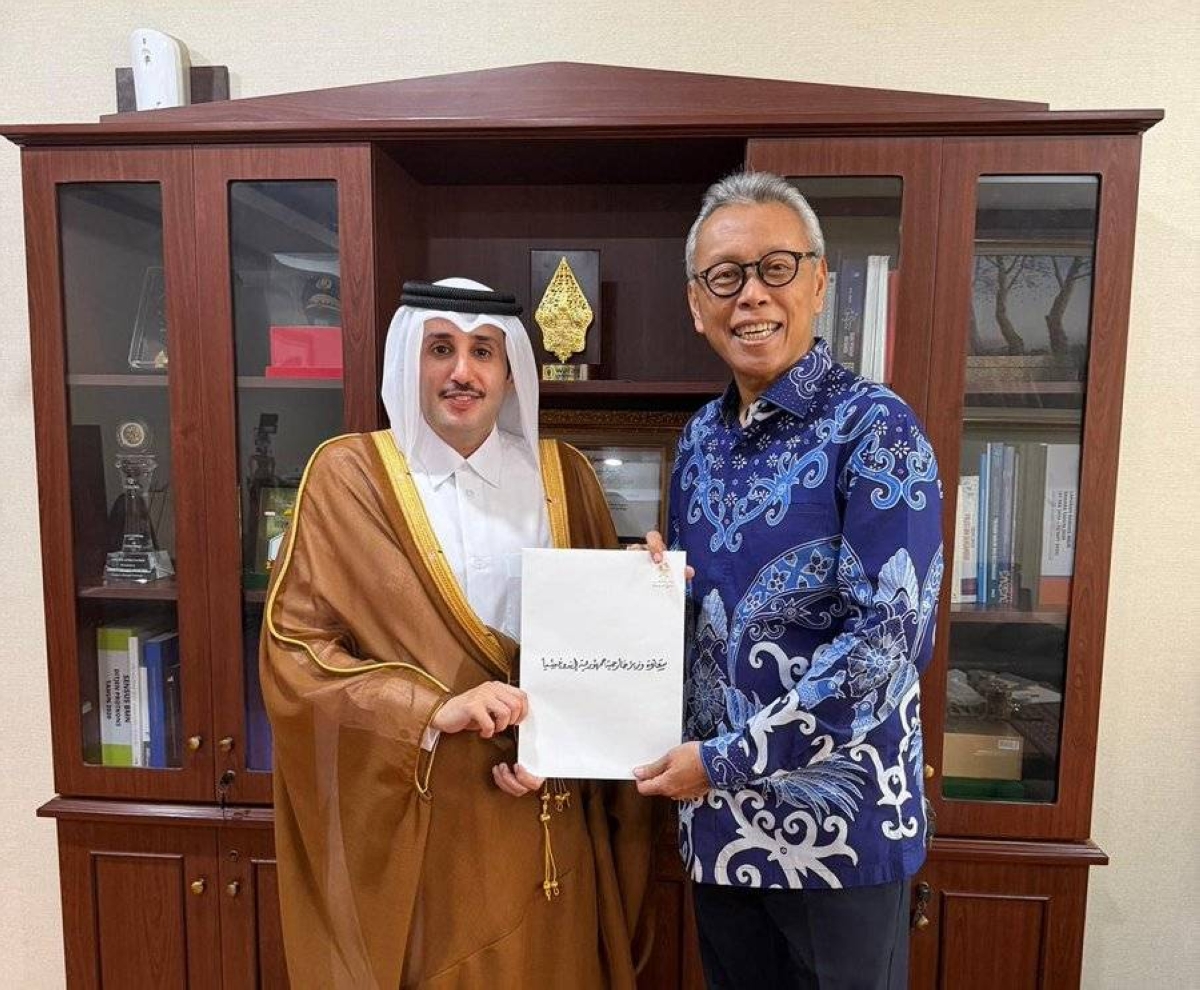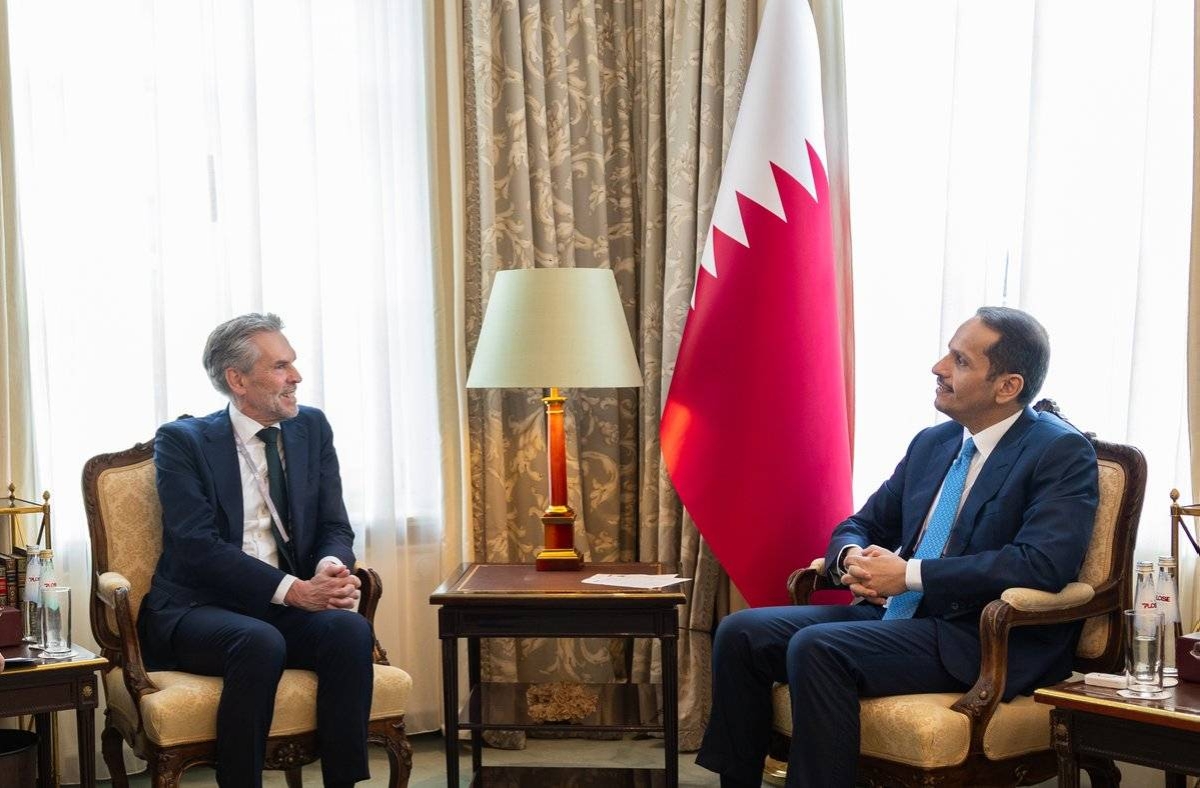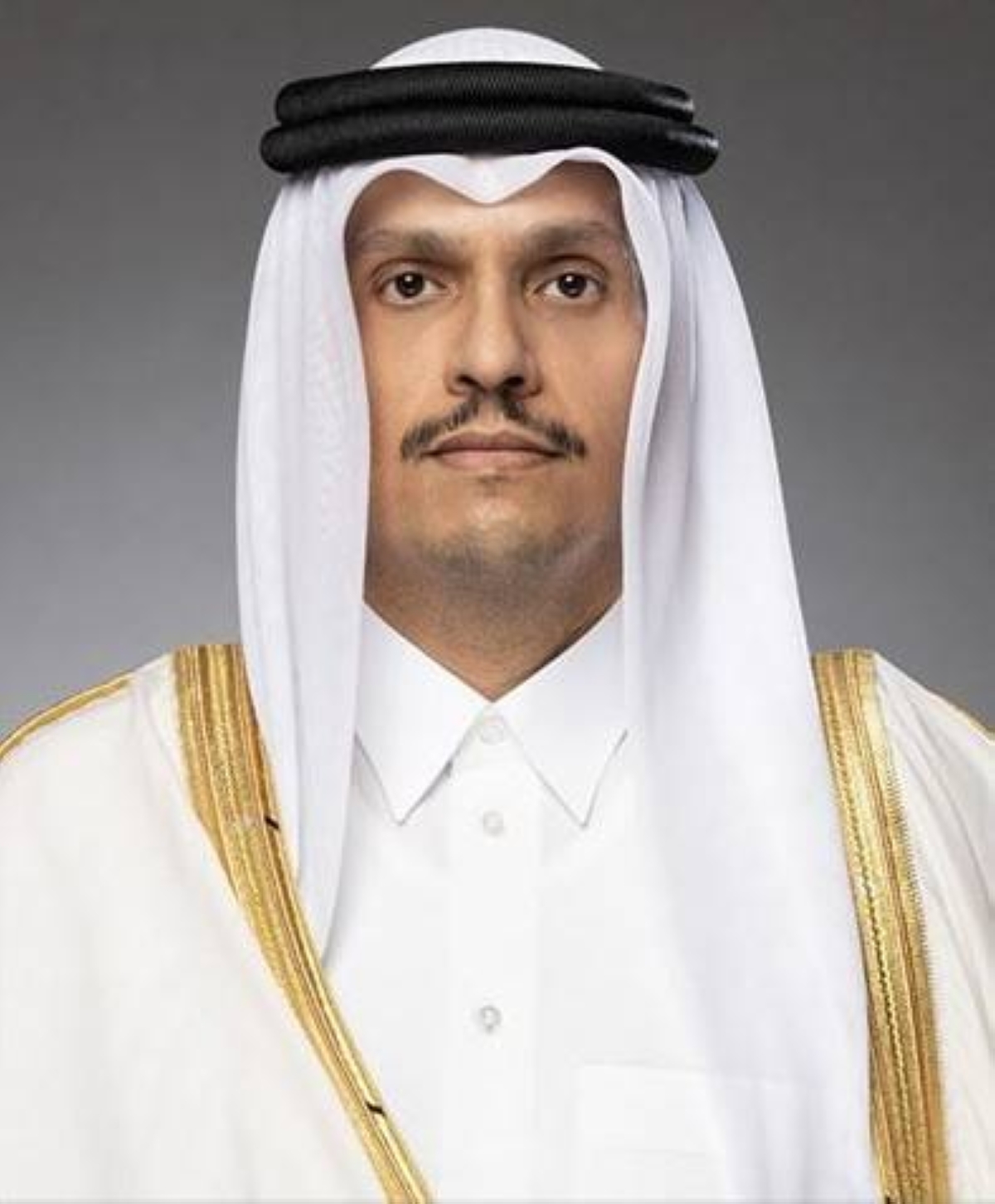Doha is all set to witness lower entry barriers for real estate investments, with tokenisation becoming a reality as Qatar Financial Centre (QFC) Digital Assets Lab undertakes digital innovation through blockchain-based solutions. "Tokenisation, which converts real-world assets into digital tokens, can positively impact Qatar’s real estate sector by lowering the entry barrier for real estate investment, leading to broader investor participation and increased market liquidity," QFC Authority chief executive officer Yousuf Mohamed al-Jaida told the second day of the third Qatar Real Estate Forum, organised by the General Real Estate Regulatory Authority (Aqarat). Highlighting that tokenising real estate is among the innovative solutions it is "actively exploring" in the digital assets lab; he said to support this programme, it also introduced the QFC Digital Assets Framework 2024, which establishes the legal and regulatory foundation for digital assets, covering the entire lifecycle from tokenisation and legal recognition of property rights to custody, transfer, and exchange. "This provides the certainty and security that investors and innovators need to embrace these new technologies," he said. Stressing that for the future of real estate, its most significant contribution lies in the leadership in digital innovation; he said "the QFC's Digital Assets Lab is at the forefront of this charge, creating a regulated, collaborative environment for developing and testing blockchain-based solutions". The lab, powered by the Qatar Central Bank, fosters open innovation in Qatar through ‘proof-of-concept and proof-of-value’, accelerating the growth of Qatar's digital sector in line with the vision to establish Doha as a global financial and commercial hub by 2030. Besides the lab, where start-ups, businesses, and researchers can explore and create products, and services related to digital assets and distributed ledger technologies, al-Jaida said the QFC also has the Tech Circle, a space that supports early-stage digital and tech companies, including proptechs, a segment that will only grow as the market expands and demand for efficiency and smart solutions increase. "Proptechs will certainly reshape the real estate sector, and the QFC has the right business and regulatory infrastructure to support their operation and growth," he said. The (real estate) sector plays a vital role in driving economic diversification and remains a key contributor to the national GDP (gross domestic product), he said, highlighting that in the first quarter of this year alone, the sector accounted for 7.4% of GDP, amounting to QR13.44bn. "To strengthen this growth driver, we need to pay attention to its areas that can be improved and where new opportunities may exist," he said. Affirming that the QFC is deeply committed to fostering an environment that drives sustainable growth, and it plays a pivotal role in developing the real estate sector, beginning with making it easy for companies in this sector to establish and operate in Qatar; al-Jaida said "our real estate regulations offer a transparent framework for holding real estate through various corporate vehicles, such as special purpose companies, trusts, and family offices".

Santhosh V. Perumal
Santhosh V. Perumal, a postgraduate in Econometrics with an advance qualification in Capital Markets and Financial Services, is Gulf Times' journalist. His coverage areas are debt and equity, hydrocarbons, international trade, environment, banks, insurance and real estate. Previously, he was in New Delhi, India as Senior Finance Correspondent of PTI.
Most Read Stories

